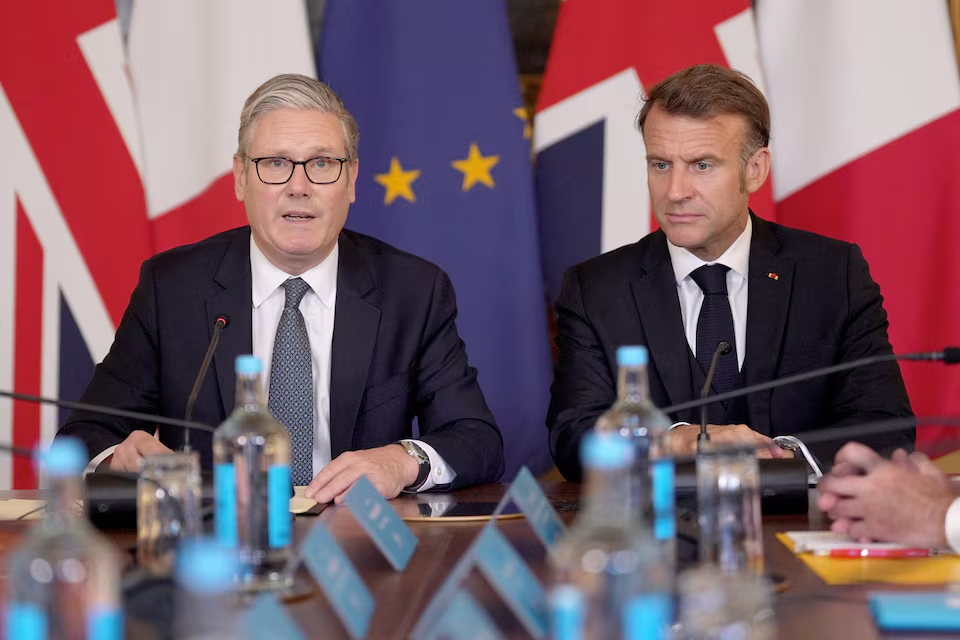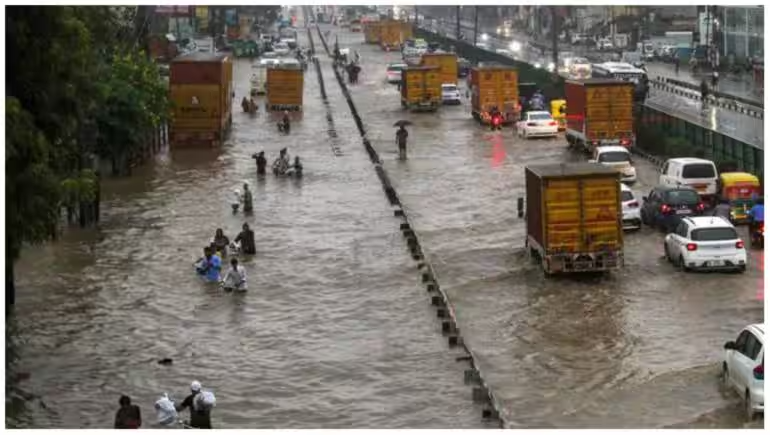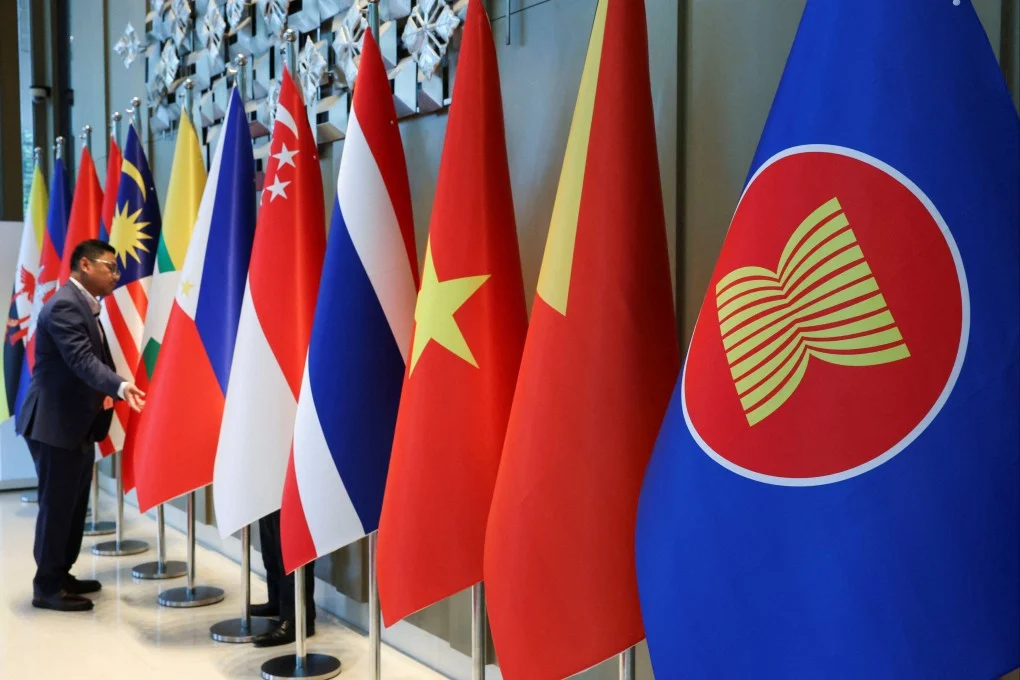Macron Starmer migrant pact
Macron Starmer Migrant Pact A Landmark UK France Agreement with Deep Sea and Security Implications
1. A Bold Diplomatic Move Amid Migration Pressures
In a remarkable display of cross Channel cooperation, French President Emmanuel Macron and UK Prime Minister Keir Starmer have jointly announced a migrant return agreement aimed at reducing irregular migration across the English Channel. Coupled with this, the pact includes a landmark commitment on nuclear security cooperation signifying a level of mutual trust scarcer in recent decades. From the cosiness of high level diplomacy to the brooding pressures of migration flows, this deal represents a multi layered strategic alignment between two major European states.
2. Bridging a Divided Channel Tackling Human Trafficking
The impetus for the migrants agreement is clear small boat crossings to Britain surged after Brexit, fraught with tragedy and human trafficking risks. This pact establishes mechanisms for screening, jointly funded Coast Guard patrols, and rapid processing. Boats intercepted off the French coast would now be swiftly returned to France, with the UK committing financial and logistical support. If smoothly implemented, this could see a measurable decline in the dangerous Channel crossings that have tragically claimed dozens of lives in recent years.
3. A Shared, Data Driven Approach
At the heart of the pact is the first ever bilateral migrant data platform, enabling real time sharing of asylum claims, criminal backgrounds, and trafficking intelligence. This transparency allows both nations to prioritize those genuinely fleeing persecution. The system will also track repeat offenders and smuggling networks. Crucially, the platform includes non EU nationals who attempted UK entry via EU routes, making return decisions more timely and legally defensible.
4. Nuclear Diplomacy A Reset in Security Ties
The agreement’s nuclear dossier deserves special attention. After years of post Brexit friction over security cooperation, Macron and Starmer have agreed on coordinated nuclear safety inspections, shared intelligence on proliferation threats, and mutual support in safeguarding European nuclear infrastructure. While not a full defense treaty, the pact signals a renewed willingness to consult over installations, early warning systems, and training, creating a forum of trust for broader European nuclear strategy.
5. Addressing Political and Ethical Concerns
Domestic reactions across both countries vary. In the UK, some welcome the agreement’s practicality Dexter London, a border commissioner, praised the "new logistics that finally put smuggling networks under pressure." Meanwhile, critics decry the return process for potentially asylum seeking individuals as demoralizing or rushed. In France, sharp divisions arise between regional leaders of coastal areas who fear becoming Britain’s frontline and national lawmakers, who cite human rights obligations. Balancing border control with humane treatment remains the time tested conundrum.
6. Looking Beyond the Channel Broader International Messaging
This pact extends beyond managing angry seas. It reinforces a larger narrative the West can arrange responsible, human centered migration governance without reverting to hostility. The pact positions the UK and France as pioneers of fast track return procedures, shared data transparency, and legal clarity, aiming to influence future European or transatlantic treaties. The nuclear cooperation also telegraphs a larger message Europe remains aligned in its vital security interests, even beyond EU membership.
7. Implementation Challenges and Horizon
Despite its ambitions, the pact’s success depends on implementation. British funding must translate into Coast Guard ships, French mayors must back reception centers, and courts must uphold return appeals quickly. On nuclear cooperation, consensus must emerge on who leads inspections and who handles emergency alerts. Legal obstacles linger individuals may still challenge asylum denials in UK courts, slowing returns. Regular political pressure, both domestically and in the Channel Islands, could test the agreement’s resilience. Yet both leaders have pledged quarterly reviews and joint oversight committees.
8. A Turning Point for Channel and Security Cooperation
If delivered effectively, this Macron Starmer pact could be seen as a turning point for post Brexit UK France relations. It blends humanitarian responsibility with practical solutions from safeguarding lives at sea to protecting nuclear risks. It reaffirms that, even amid changing geopolitical constellations, London and Paris can rebuild trust and shared purpose. The hope now is that the agreement’s precision, funding, and political backing are sufficient to not only stem dangerous crossings but to elevate European cooperation to address shared 21st century threats.
Final Perspective
The signatories agree that migration is best managed together, not in isolation a sentiment anchored traditionally in the Channel, but now evolving. Comprehensive data exchange, concrete resource allocation, transparent legal mechanisms, and nuclear collaboration make this pact notable. Both governments have emphasized one principle above all this agreement isn’t about deterrence, but dignity. As its clauses come into effect, its effectiveness measured by fewer tragedies, faster returns, calmer cooperation will determine if this agreement becomes a diplomatic milestone or just another agreement. Either way, it marks a new chapter in Channel relations and perhaps a model for migration diplomacy beyond Europe.






 Heavy Rainfall Triggers Urban Flooding in Central India
Heavy Rainfall Triggers Urban Flooding in Central India  India’s Software Sector Driving Industrial 4.0 Revolution
India’s Software Sector Driving Industrial 4.0 Revolution  DTU and University of Houston ink 5‑year academic collaboration
DTU and University of Houston ink 5‑year academic collaboration  U.S. tariffs favour Asia?
U.S. tariffs favour Asia?  AWS to launch AI agent marketplace
AWS to launch AI agent marketplace